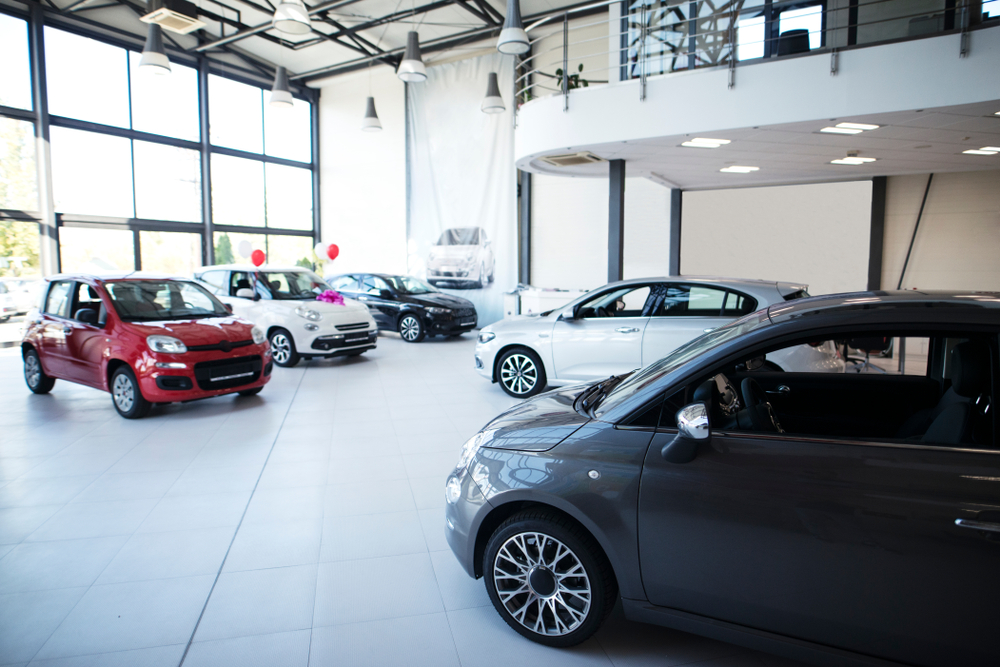
To mitigate a likely slump in car sales and to ensure employee and customer safety during the coronavirus pandemic, automotive original equipment manufacturers (OEMs) and car dealerships must transition to simple, end-to-end online selling and services, according to Gartner, Inc.
COVID-19 containment measures are forcing the closure of car showrooms in many countries, and this is also increasing the requirement for a full and effective online purchase process. “Currently, most OEMs and car dealerships in major markets including the US, China, Germany and the UK don’t offer a real end-to-end online sales channel that optimises the purchase process,” said Pedro Pacheco, Senior Research Director at Gartner. “OEMs and car dealerships must set up direct sales platforms on which users can buy a car in just three clicks and have it delivered to their home. This model should be used for both car configuration and inventory.”
Gartner recommends investing in augmented- and virtual-reality technologies to give online shoppers a more comprehensive experience when specifying car requirements. Additionally, investing in an advanced artificial-intelligence-powered chatbot could assist by answering a broad range of questions from customers. OEMs and car dealerships should also ensure complete price transparency to avoid pricing issues and lengthy negotiations, which frustrate buyers.
Although many consumers will be hesitant about purchasing a car in the present circumstances, OEMs and car dealerships still need to offer more flexibility. “OEMs and dealerships could consider a digital platform that offers a usage-based subscription model which enables the consumer to choose a car, with the freedom to exit the contract at very short notice,” said Pacheco.
In addition, OEMs and car dealerships need to consider enhancing their after-sales strategy. They should create an online hub where users can purchase parts, set up maintenance appointments and find all the information on “contactless” after-sales services. With these options, customers will have no physical contact with any other person, and these services can cover service booking, vehicle collection and drop-off, roadside assistance and online payment. This is a model that car dealerships and repair shops can also adopt to continue serving customers in the future.
“Speed of change is crucial for OEMs and car dealerships’ survival in times of confinement and insecurity,” said Pacheco. “Given factory and showroom closures, it is essential that car makers draw up a strong online order book to ensure that, once factories and showrooms reopen, they can quickly rebound financially.”










Discussion about this post